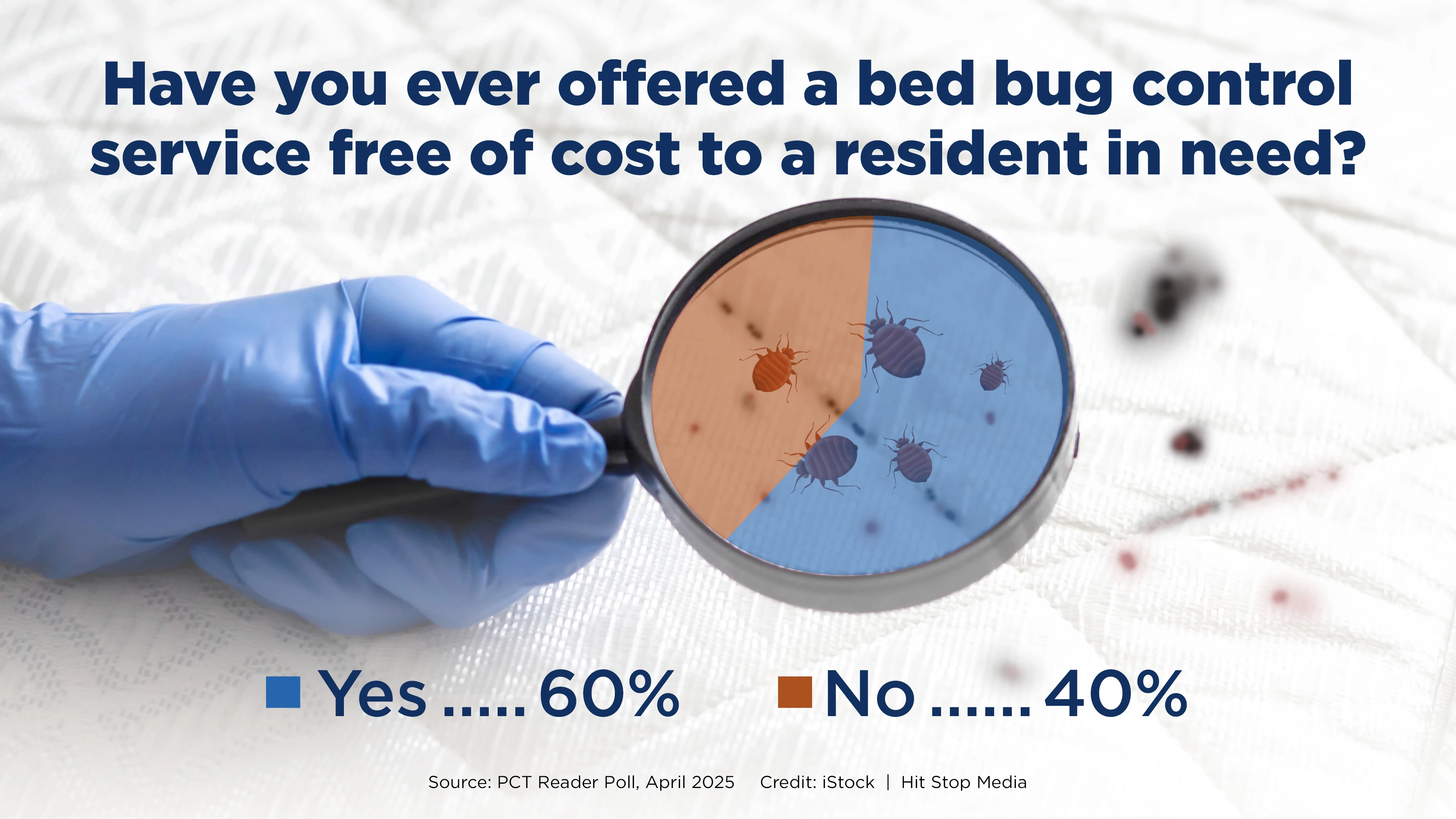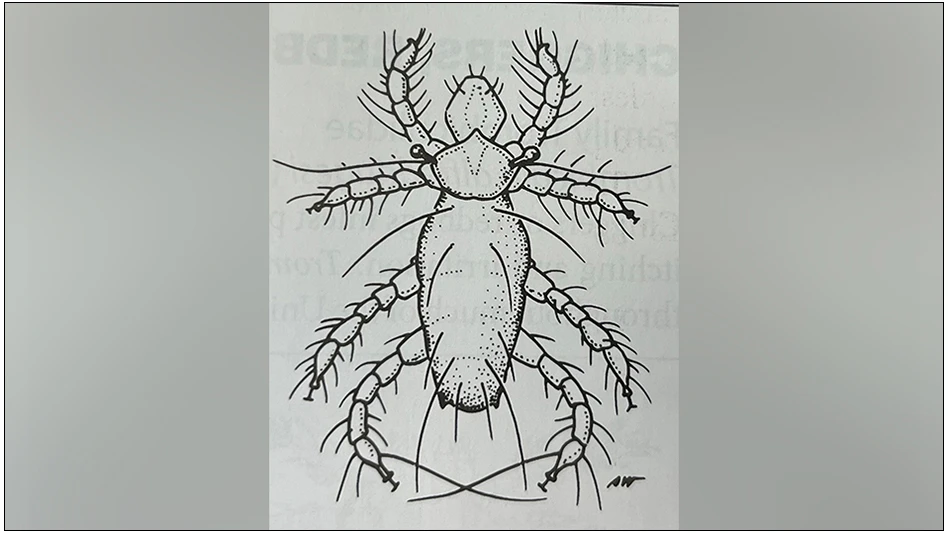They return to their business sites along the Gulf Coast to find destruction or complete devastation from hurricane winds, rain or flood waters. Damaged or demolished buildings, overturned or flood-lost vehicles, water-soaked or missing product and records. What happens now? Are these businesses covered by their insurance? How will this affect insurance rates in general?
According to the Hurricane Insurance Information Center (HIIC), Hurricane Katrina is the worst natural disaster the insurance industry has ever handled. This assertion is particularly haunting when considering that the industry will be covering flood damage for only 40 percent of New Orleans homeowners — 60 percent do not have flood insurance.
As far as insurance goes, “the most dangerous thing about a hurricane is that a lot of policies don’t cover flood,” said Kristina Phillips, assistant vice president for PestSure in Dallas, TX. Because flood insurance is not required, many business — and home — owners opt to not assume the extra cost. But, what people need to realize is that, Phillips said, “If you are not insuring, you are self insuring.” That is, if you are not willing to pay the price for a specific insurance — such as flood, you will have to bear the brunt of the damage — whether you’ve set aside a self-insurance savings or not.
While many knowingly opt to not take the extra insurance options, others may not realize that their property insurance does not cover these damages. The first thing to do is to talk with your insurance agent about your policy to ensure you fully understand what it does and doesn’t cover, said Mark Weisburger of Weisburger Insurance, using all-risk property insurance as an example. Although it is called all-risk, this simply means that it “covers everything except that which it does not cover,” he said. “And it doesn’t cover floods.”
Some insurance companies do not provide flood insurance themselves, but all brokers can write flood policies through the National Flood Insurance Program, said Weisburger. NFIP has been available since 1968, and for any property in any state in the U.S. The first questions you should ask your agent are “Do I have all-risk insurance. What does it cover?” The next should be not just a question, but a statement: “Talk to me about the federal flood program,” Weisburger said. (See Insurance Resources for more information.)
Protecting your business. Other ways to protect your business from natural disasters are:
• “Far better than insurance is having backups,” Weisburger said. One extra insurance option businesses should consider is Electronic Data Processing Coverage, but this is not as important as having duplicate records. Data should be backed up regularly and stored offsite, hand records should be copied and kept offsite in a fire-proof vault. If it comes down to it, he said, “Leave the jewelry and take the records. Your business depends on it.”
• Some other extra insurance options include:
• Business Interruption: covers continuing expenses such as lease, mortgage, electricity and ordinary payroll
• Extra Expense: covers temporary business set up costs when business site is inoperable
• Comprehensive Automobile: Vehicles are insured under your auto policy, which in most cases will cover flood — if you opt for comprehensive coverage, and contents can be insured with a contractor’s equipment floater.
• “If you know a hurricane is coming, don’t store all your vehicles on your lot,” Phillips said. Allow employees to take theirs home or segregate the vehicles wherever possible. This spreads your odds for saving at least some of your vehicles, equipment and product, and enabling some work to still be done.
• Have an escape plan, and communicate it with employees. Know what you will take, where you will go, and how you will contact and communicate with employees.
Rate Effects. As insurance companies, and their re-insurers, continue to see their losses climb, consumers can expect to see insurance rates increase — for both property and automobile coverage. This will be true particularly in areas at risk for hurricanes and tropical storms—where coverage is expected to not only increase dramatically, but in many cases, be more difficult to get. According to the HIIC, however, such an increase cannot be based on past loss but is instead based on projections of future loss and the expectation that the frequency and severity of catastrophic storms will grow over the next decades. — Lisa Lupo
---------------------------------
Insurance Resources
More information on flood or hurricane insurance is available through:
• National Flood Insurance Program (NFIP)– www.fema.gov/nfip (888-379-9531)
NFIP was created in 1968 by Congress “in response to the rising cost of taxpayer funded disaster relief for flood victims and the increasing amount of damage caused by floods.” This website includes a link to www.floodsmart.com, its site for facts and resources on flood insurance, which also includes a “quick quote” documents for both residential and non-residential properties.
• Hurricane Insurance Information Center (HIIC) – www.disasterinformation.org (800-427-4661)
In the aftermath of Hurricane Katrina, the U.S. insurance industry established HIIC to provide information to the victims, the general public and the media on the insurance industry’s response, claim filing tips, and its consumer outreach program. The website includes information such as filing a claim, insurance FAQs, small business disaster preparedness and advance business insurance planning.
• Independent Insurance Agents and Brokers of America (IIABA)– www.independentagent.com or www.iiaa.org (800-221-7917)
IIABA is a national alliance of business owners and employees who offer all types of insurance and financial services products. Among other insurance facts, the website contains information on loss reporting and making claims, the NFIP, and safety precautions when returning to hurricane sites.
• Insurance Information Institute (III) – www.iii.org (212-346-5500)
III was established more than 40 years ago to improve public understanding of insurance—what it does and how it works. The website includes hot topics and issues, insurance outlook, hurricane recovery advice and other general insurance information.

Explore the October 2005 Issue
Check out more from this issue and find your next story to read.
Latest from Pest Control Technology
- Target Specialty Products, MGK Partner for Mosquito Webinar
- Cockroach Control and Asthma
- FORSHAW Announces Julie Fogg as Core Account Manager in Georgia, Tennessee
- Envu Introduces Two New Innovations to its Pest Management Portfolio
- Gov. Brian Kemp Proclaimed April as Pest Control Month
- Los Angeles Ranks No. 1 on Terminix's Annual List of Top Mosquito Cities
- Kwik Kill Pest Control's Neerland on PWIPM Involvement, Second-Generation PCO
- NPMA Announces Unlimited Job Postings for Members








